
Google seeks to save 3,000+ languages from extinction
English, Spanish, French, German, Mandarin… How many different languages can you name? At a guess, probably no more than about twenty, which sounds bad when you consider there are an estimated 7,000 languages being spoken every day somewhere on our planet. The vast majority of these are, of course, virtually unknown, and used by a very small portion of the world’s population.
In fact, according to National Geographic, the 3,500 smallest languages are spoken by just 8.25 million people, and the tiniest of these native tongues are teetering on the brink of being silenced forever. It’s believed that one language dies every 14 days -- as its speakers switch to more common alternatives -- and nearly half of the world’s languages are expected to have been wiped out within a century.

Stupid IT mistakes make AWS outages even worse
The massive outage that struck Amazon Web Services last week proved the cloud service is becoming an increasingly vital part of the IT infrastructure of many companies. For better or worse AWS is becoming a standard in the cloud, and its own fortunes are tied to that of some of the biggest web services out there.
Quora and Pinterest are just two services that rely on AWS in part or in full. When Amazon's cloud goes down, these sites will too.
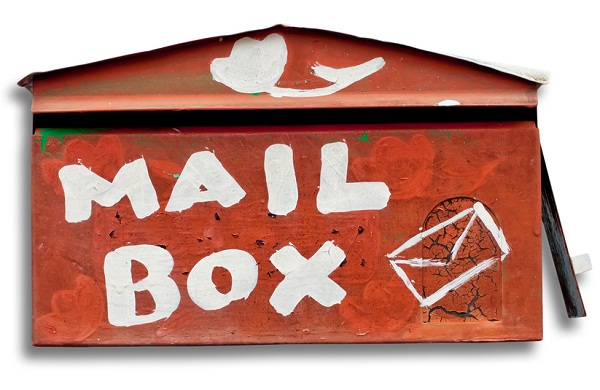
MailWasher 2012 Free cleans up the spam
FireTrust has today revealed MailWasher 2012 Free, a new version of its popular spam filter. The latest release will provide all the features of the full commercial MailWasher Pro edition for its first 10 days of use, but after that introduces four main restrictions.
There’s no Recycle Bin, which means you can’t browse or restore deleted emails. Preview options are limited, so it may be more difficult to manually determine whether a particular message is spam. Technical support is unsurprisingly reserved for paying customers. And, probably most crucially, the program will be limited to checking 1 email address only, perhaps a deal-breaker for many people.

Windows users, get a Firefox Australis sneak peak
It’s been public knowledge for a while now that Mozilla intends to provide a uniform interface for Firefox across all platforms. The aim of the Australis project is to ensure that the browser looks and feels the same just about everywhere (as much as possible, anyway), and you can read more at MozillaWiki.
This is no longer just theory, though. Jared Wein, a Software Engineer at Mozilla, has written a blog post with an image of the new Australis design (or the new curvy tab shape, anyway), which he says aims to bring “more customizability in a cleaner and fresher user interface”. And if that’s not enough, he’s also created a test Firefox 16.01 build so that you can view it for yourself.

Save big on these June software deals
We’ve made it to June -- the year just seems to be flying by! -- and with each passing month there are more and more great offers in the Downloadcrew Software Store. In fact, there are so many great offers to be found that we thought that we had better collect together some of the highlights to make things a little easier for you.
Starting things off are two disc burning tools from Roxio.Roxio Creator 2011 is available for just $19.99 (a saving of 80 percent off the MSRP) while its big brother Roxio Creator 2011 Pro could be yours for just $24.99, instead of $105. These immensely powerful media suites include everything you need to create CDS, DVDS and Blu-rays containing video, audio and data.

Eucalyptus open sources software, cozies closer to Amazon Web Services
Hybrid cloud software provider Eucalyptus open sourced its software on Tuesday, moving the entire package to code-sharing site GitHub. Version 3.1 of the software includes performance enhancements and a feature called FastStart, which allows IT administrators to deploy Amazon Web Services-compatible clouds in under 20 minutes.
Eucalyptus is an application that reproduces the AWS cloud locally, which in turn allows IT personnel to easily migrate cloud applications built from AWS back and forth from the public to private cloud. Amazon itself supports Eucalyptus, giving the nod to Eucalyptus' efforts to support Amazon Web Services' APIs back in March.

LastPass 2.0 is your first line of data defense
LastPass has released a major new update for its secure password manager, LastPass 2.0, and the big addition is the extension of its Secure Notes feature.
As well as safely protecting simple text information, the new release also allows you to add confidential documents, PDF files and images as attachments to your secure notes. As with all other stored data, these will be locally encrypted to keep them safe from snoopers. And of course the attachments will then be synced to any location where you log in to your account, so they’ll be available anywhere.
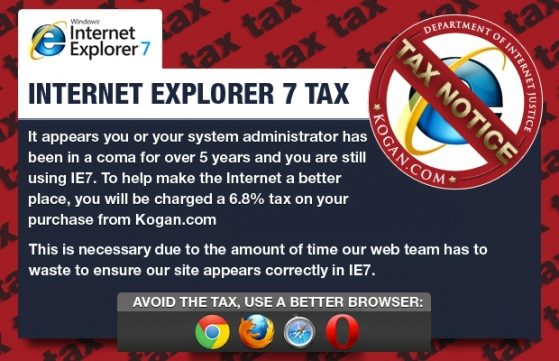
Using Internet Explorer is more taxing than you think
Australian-based online electronics store Kogan has fired off an ingenius web site press stunt. The retailer adds 6.8 percent extra -- the "Internet Explorer 7 Tax" -- to online purchases made using the browser. Note this is only for customers who use IE 7 browser, not version 8 or later.
In a day and age when web standards compliance is king, Kogan comes out swinging. The company states that taking the extra time to develop for IE7 hurts the bottom line -- not just for its operations but for customers. Kogan wants customers to use modern browsers that support web standards. Many older browsers don't support new standards and technology.

Is there an IT labor shortage in the USA that can only be solved with more H1B visas?
My recent series of columns on troubles at IBM brought me many sad stories from customers burned by Big Blue. I could write column after column just on that, but it wouldn’t be any fun so I haven’t. Only now a truly teachable lesson has emerged from a couple of these horror tales and it has to do with US IT labor economics and immigration policy. In short the IT service sector has been shoveling a lot of horseshit about H1B visas.
The story about H1B visas is simple. H1B’s are given for foreign workers to fill US positions that can’t be filled with qualified US citizens or by permanent US residents who hold green cards. H1Bs came into existence because there weren’t enough green cards and now we’re told there aren’t enough H1B’s, either. So there’s a move right now in Washington to increase the H1B limit above the current level of approximately 65,000 because we are told the alternative is IT paralysis without more foreign workers.

Microsoft, Symantec team on future disaster recovery solutions for Azure
Customers of Microsoft's Windows Azure platform will gain disaster recovery features thanks to a partnership with Symantec announced this week. The offering is the first such service for the Azure platform, the two companies say.
While the effort was announced this week during Microsoft's annual TechEd conference in Orlando, Microsoft says the actual service itself will not be available until sometime next year, and is a move that makes sense for Symantec at this point.

Apple cofounder calls Siri 'poo-poo'
It's another dress-down Friday here at BetaNews, and how could I resist dressing down Apple's Siri when cofounder Steve Wozniak makes doing so easy? Besides, I've already asserted "Siri sucks", then there is that lawsuit about the voice assistant. Speaking of Apple legal wranglings, who needs enemies when you've got friends like Woz. Surely the lawyers behind that lawsuit are drooling all over the Times Union, where the comments appeared.
Apple's misfortune: Wozniak used Siri before the iPhone maker bought the company, and he really liked the technology. He called it "pretty incredible". But no longer. "A lot of people say Siri. I say poo-poo". He gives an example. Before Apple bought Siri: "I would ask 'What are the prime numbers greater than 87?' and they would come up all in a row". Afterwards: "I'd say 'What are the prime numbers greater than 87?' And I'd get prime rib".
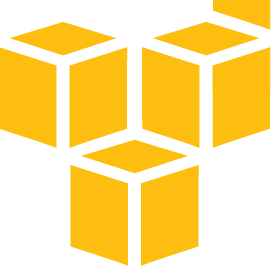
Amazon improves customer support options for AWS customers
Amazon has expanded its support options for its Amazon Web Services cloud offering, giving better free support to all customers and reducing the pricing of paid support tiers. The company is also renaming the paid tiers to better represent its target customers.
These tiers had been named Bronze, Gold and Platinum -- they are now referred to as Developer, Business, and Enterprise. Amazon expanded its paid support options back in January, and added third-party support and Trusted Advisor services in beta to its Gold and Platinum support levels. Thursday's moves take these offerings out of beta, and makes the higher-level support options affordable to a wider range of AWS customers.

Skype 5.8 for Mac and 5.10 for Windows offer small changes with big impact
Skype has just launched Skype 5.10 for Windows, and 5.8 for Mac, and both releases contain small but worthwhile tweaks that should make the upgrade worthwhile.
The Windows client sensibly merges the Facebook and Skype contacts into a single Contacts list, for instance. And if you’ve so many friends and colleagues that it becomes tricky to manage, no problem: it’s now possible to pin your most important contacts to the top, so they’re always immediately accessible.
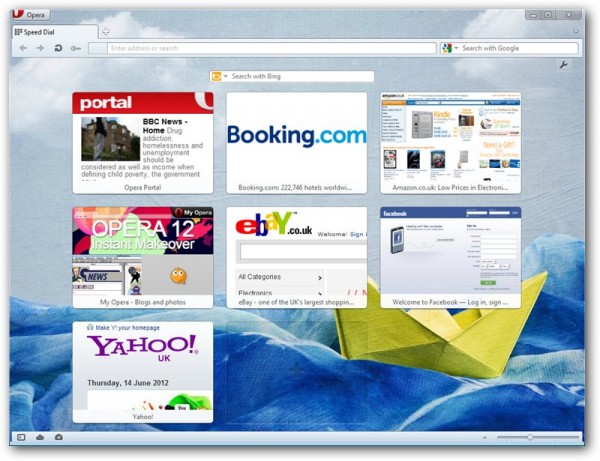
Opera 12 is available -- get it now!
Norwegian browser developer Opera Software ASA has released Opera 12 32-bit and Opera 12 64-bit for Windows, Mac and Linux.
Version 12 of the cult web browser, which is a major player in Eastern European markets, but enjoys more cult status worldwide with around 4 percent market share, introduces several major new features, including theme support and the ability to directly access the user’s web camera from the browser.
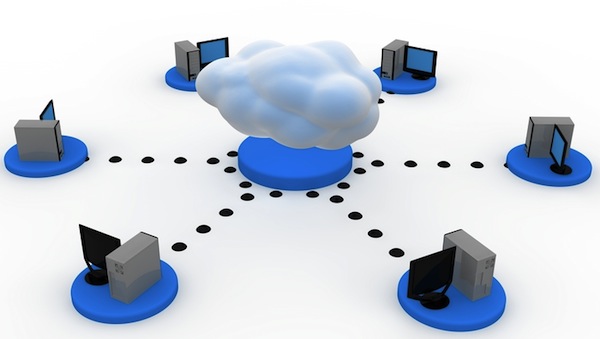
Cisco debuts networking products for the cloud
Cisco knows that the cloud is worthless without networking, so its Cloud Connected Solution announced on Wednesday shouldn't surprise anyone. The company debuted both new cloud-enabled software for its ASR and ISR routers as well as a virtualized router aimed at extending virtual private networks to the cloud.
This new router software will be found on the ISR G2 platform, and a new Aggregation Services Router (ASR) platform based router, the ASR 1002-X was introduced. Cisco announced new Unified Computing System (UCS) E-Series Server Modules on the ISR G2, which is also on the way.
